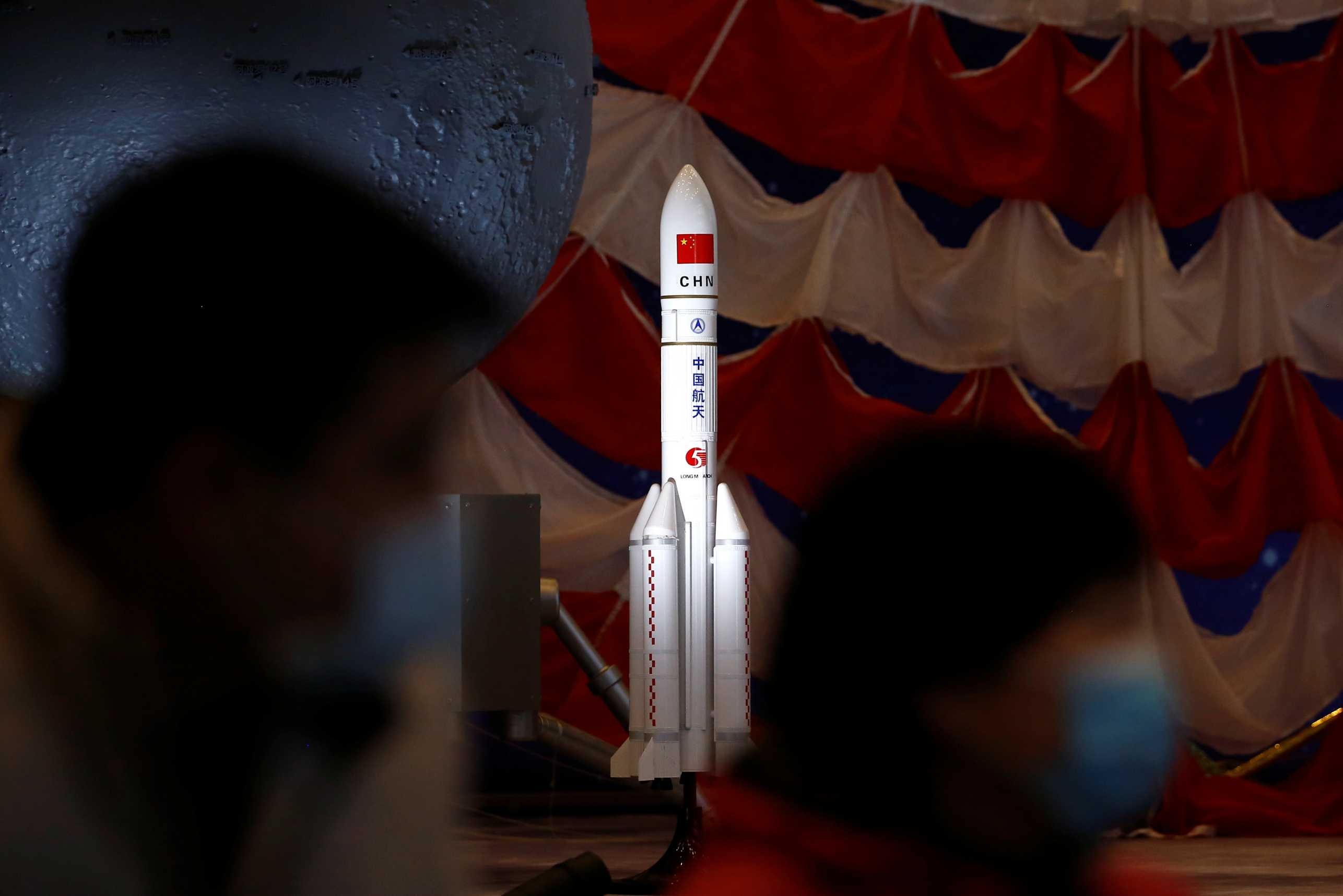Reaching for the Stars: China's Space Ambitions
In recent years, China has emerged as a major player in space exploration. With milestones such as the successful landing of a Chinese rover on the far side of the moon and the completion of its own space station, China’s space program has captured global attention. However, Beijing’s space ambitions have also raised concerns about the use of its space capabilities for military purposes and its lack of transparency in space operations, argues Sophie-Charlotte Fischer in this CSS Analysis.

In recent decades, space has reemerged as an increasingly important strategic domain for states. With the heavy reliance on space-based assets for communication, navigation, and intelligence, it is a crucial area for both civilian and military activities. The rapid advancement of space technologies has also led to the emergence of a thriving commercial space industry, providing new economic opportunities. In addition, space offers great potential for research, with insights from experiments helping to address medical, environmental, and technological challenges on Earth. As the importance of and dependence on space continues to grow, more and more countries are seeking to secure their access to space and to develop more advanced capabilities.